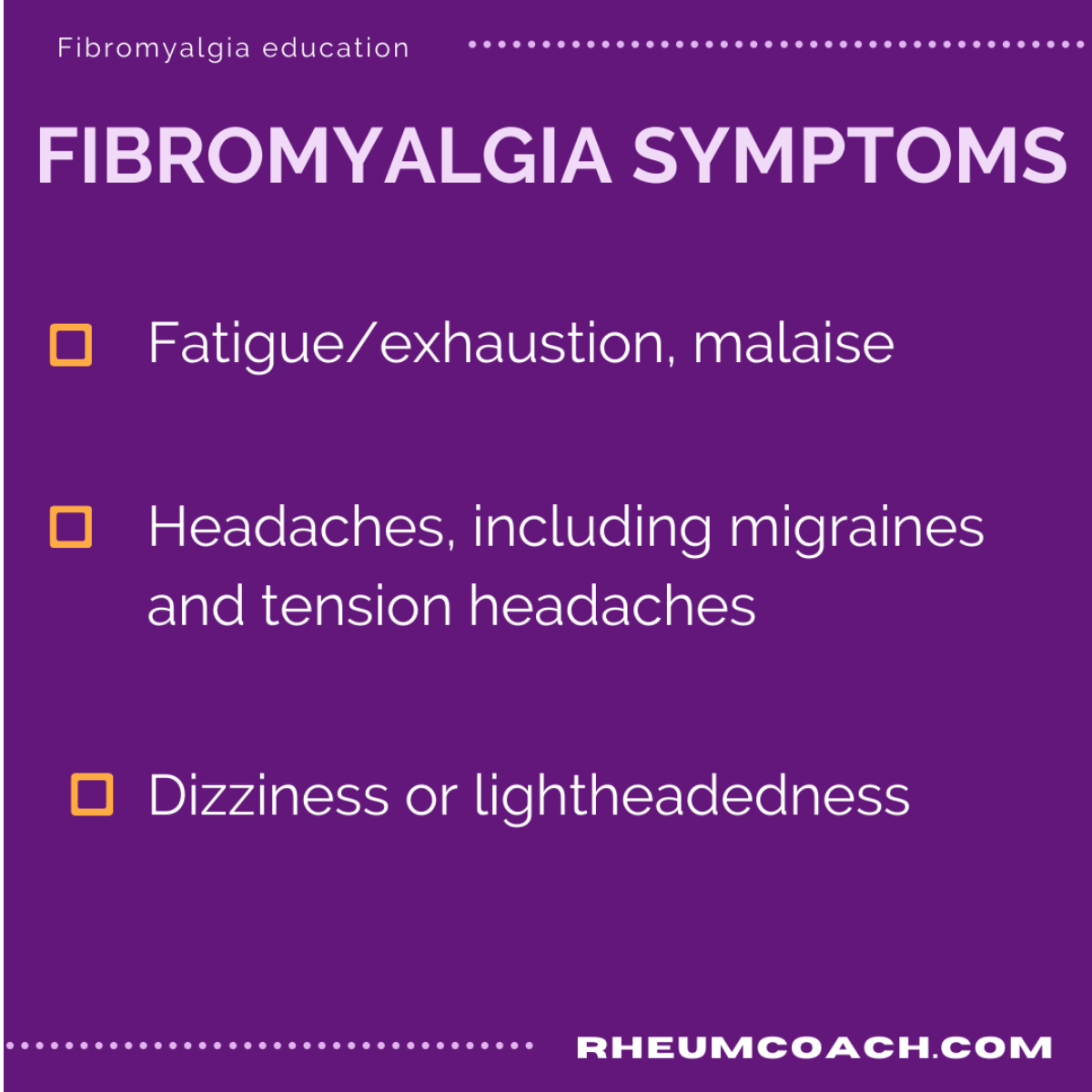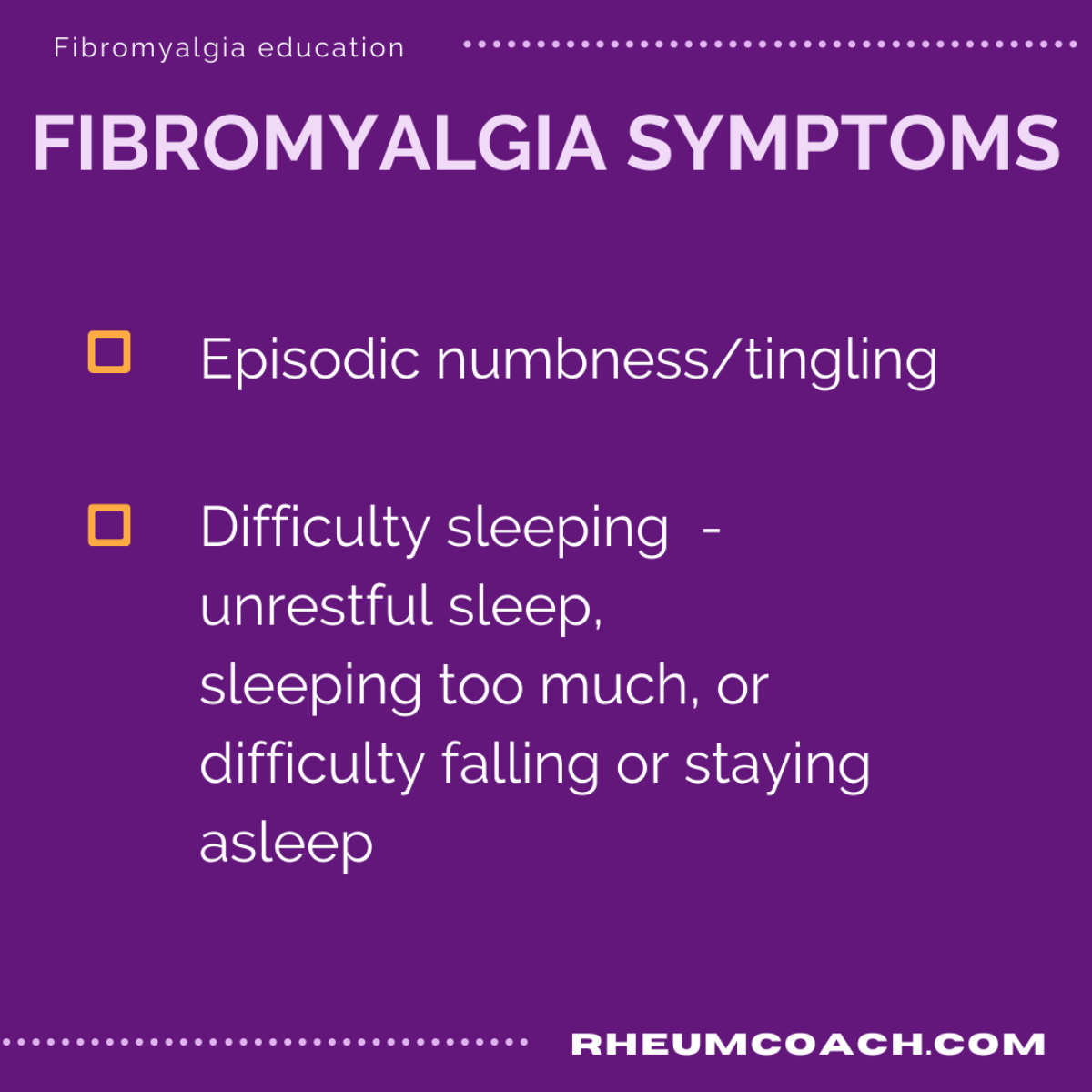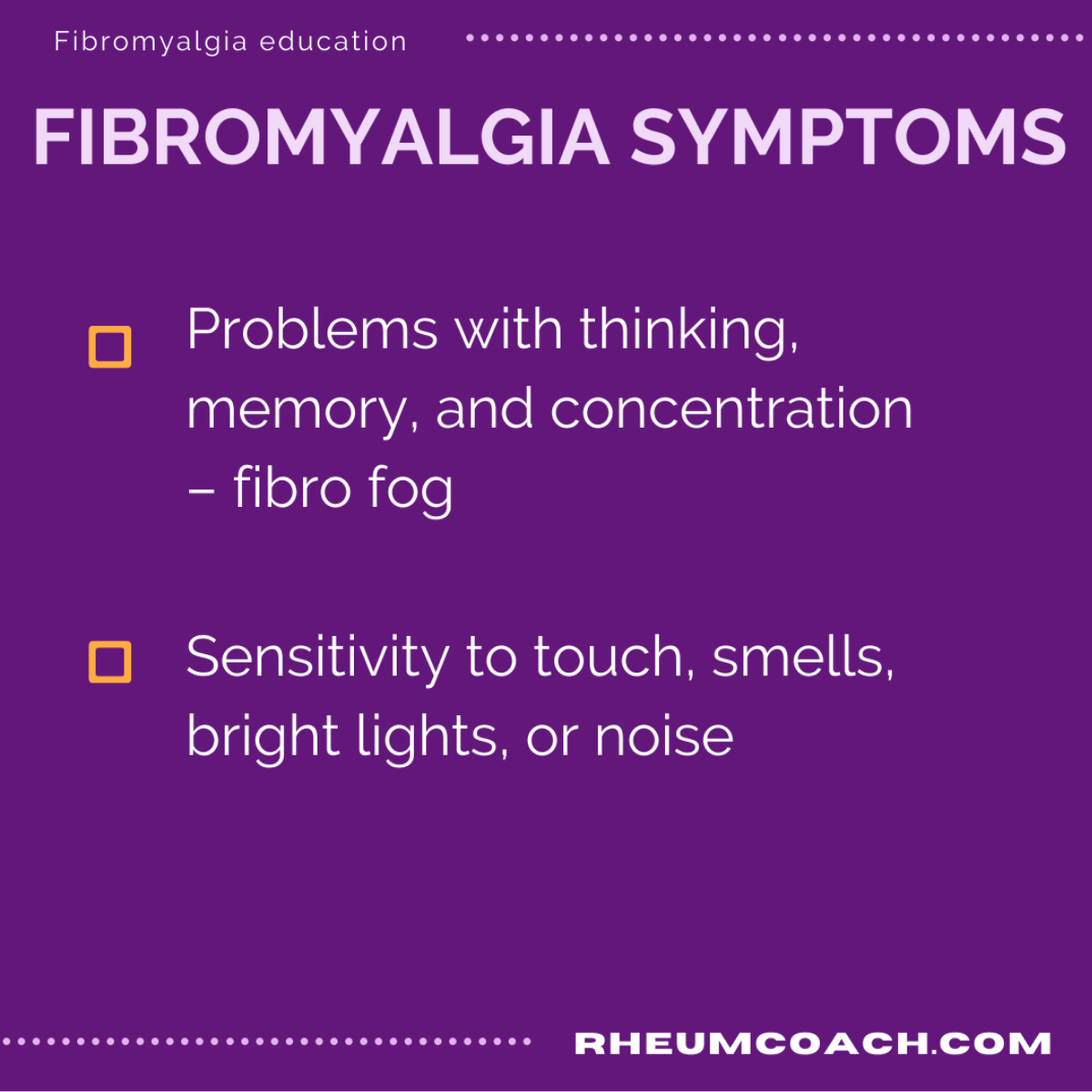#3 Fibro symptoms part 2
Aug 14, 2021
As I explained in my previous post, fibromyalgia is linked to the central sensitization syndrome. Nerve cells from all over the body send signals to the brain that are misinterpreted. As a result, pain and other sensations become more and more exaggerated and amplified.
As the brain processes all this additional input, energy is wasted. Patients universally feel tired. Fatigue, to the point of exhaustion, is a major complaint. Sleep quality is poor and unhelpful. Some sleep too much but still feel tired, while others toss and turn all night.
Another consequence of an overworked brain is a problem with memory and concentration - brain fog. Patients often complain that they are unable to retain information, feel distracted, and have difficulty with directions and finding words. They do not feel mentally “sharp,” feel slow, unable to learn or process new information.
As the brain continues to process more and more erroneous information, central sensitization syndrome and amplified stress response produce more symptoms. Overstimulation and hypersensitivity are effects of an overused, stressed out brain. Overstimulation happens to children when they are swamped by more experiences, stimuli, and emotions than they can cope with. Most of us have seen a baby who was cuddled too much by the visiting family and was unable to sleep later due to excitement. Or a toddler after a party who was cranky and exhausted beyond his usual self. If a brain cannot process information normally, its capacity for additional input is limited. Loud noises, strong smells, bright lights, and touches are examples of stimuli the brain must process. It may handle it well enough in small amounts. But on a bad day, when the pain level is high, or the amount of stimuli increases above a threshold, the brain loses the capacity to cope with it. Like a toddler’s brain, the fibro brain cannot handle experiences well, even if they are well intended or pleasant. Over time, patients develop more and more sensitivities to stimuli and become super vigilant of the inputs that trigger their brain to be overwhelmed.
As the nervous system continues to be activated, the patients may start accumulating other conditions related to the central sensitization syndrome: headaches, dizziness, irritable bowel syndrome (IBS), interstitial cystitis, chronic pelvic pain, restless leg syndrome, Temporomandibular joint dysfunction (TMJ). Depression and anxiety often accompany fibromyalgia – preceding or developing later.
The symptoms of fibromyalgia are real. They are predictable.
In my next post, I will explain how fibromyalgia is diagnosed.
You may download the Fibro Card with symptoms and information here as well as sign up for my newsletter.




Get a "Fibromyalgia is real" postcard
DISCLAIMER: This blog provides information only, and does not provide any medical or psychological services or advice. None of the content on this blog prevents, cures or treats any mental or medical condition. You are responsible for your own physical, mental and emotional well-being, decisions, choices, actions and results.
